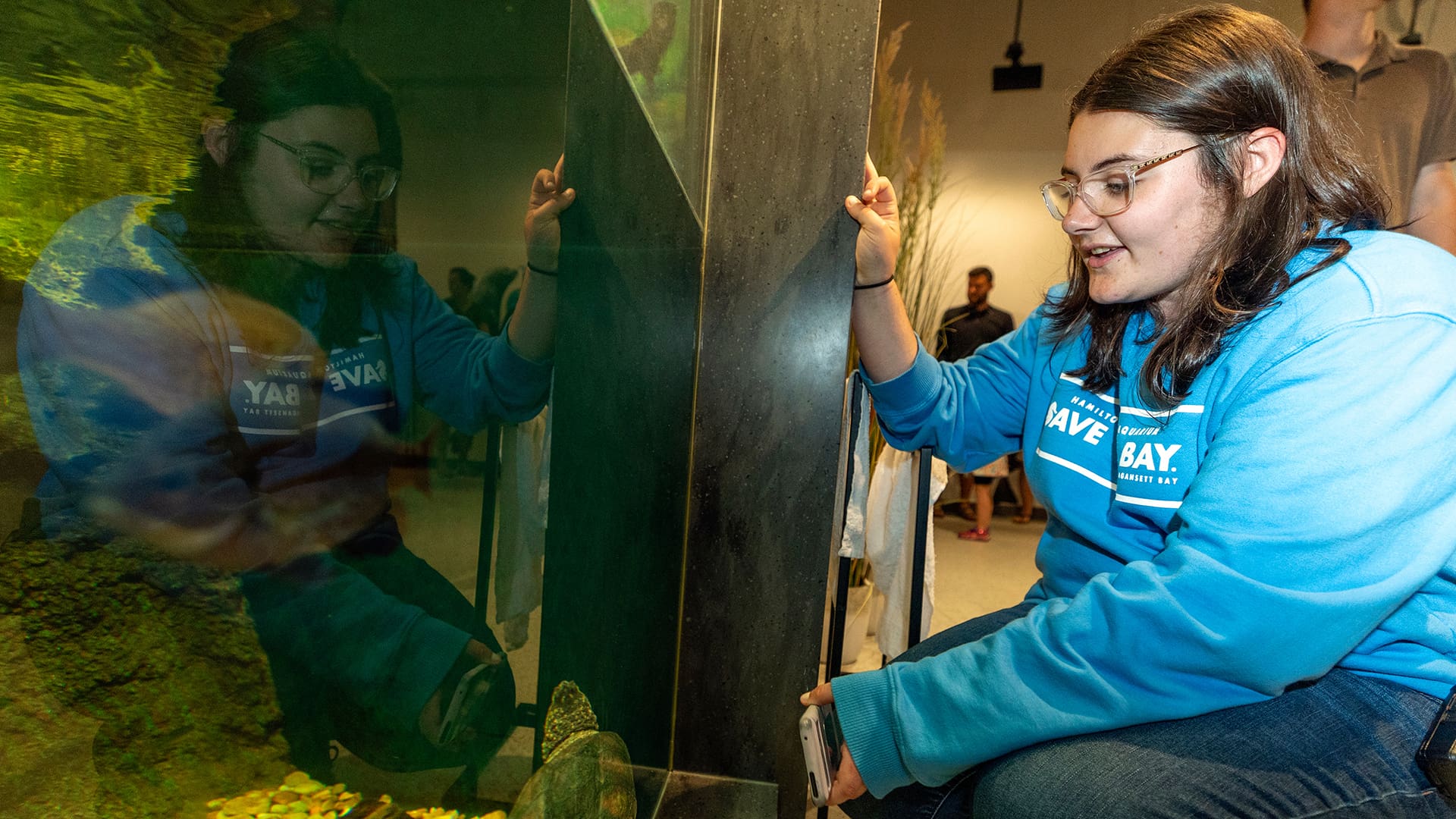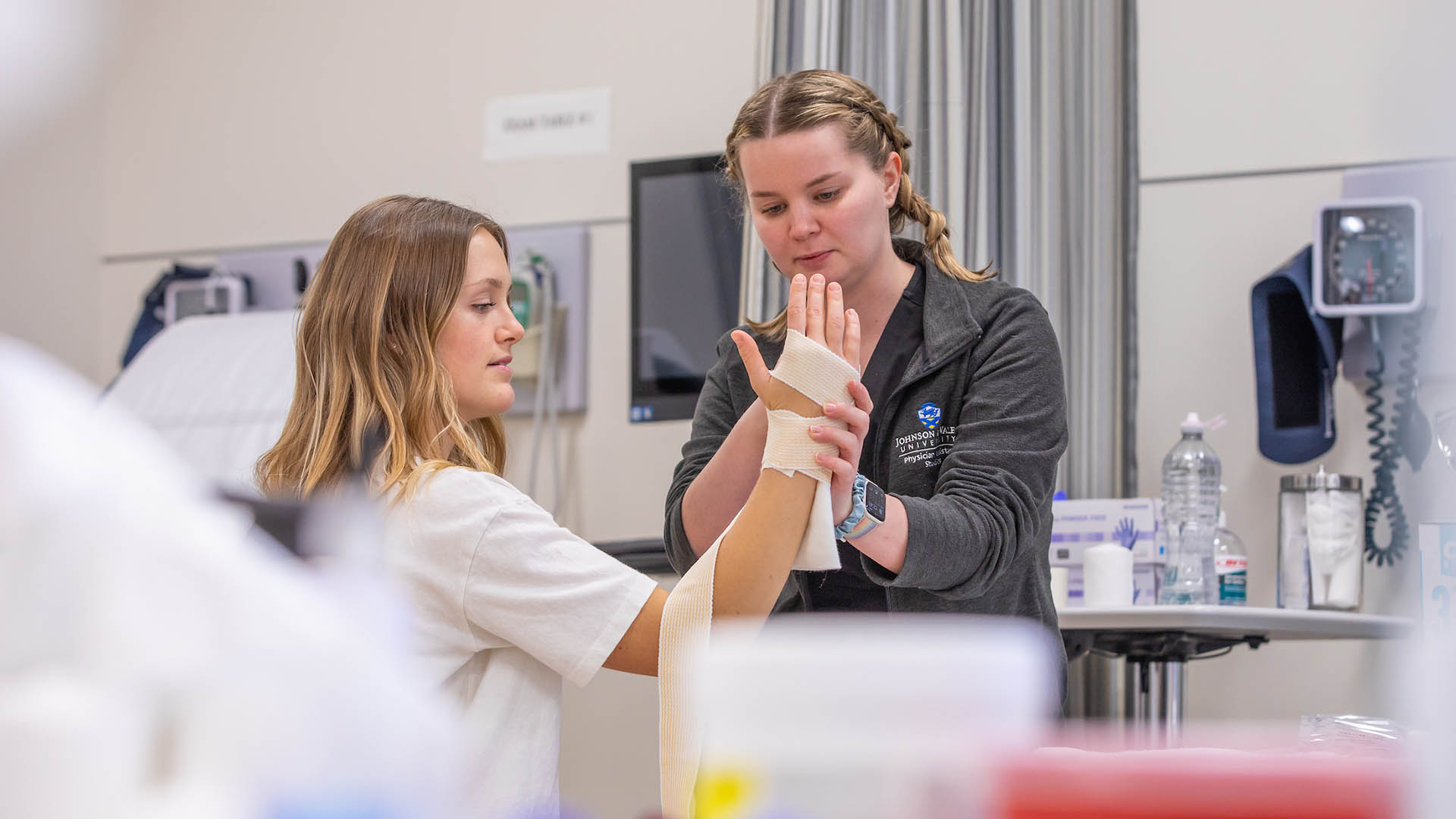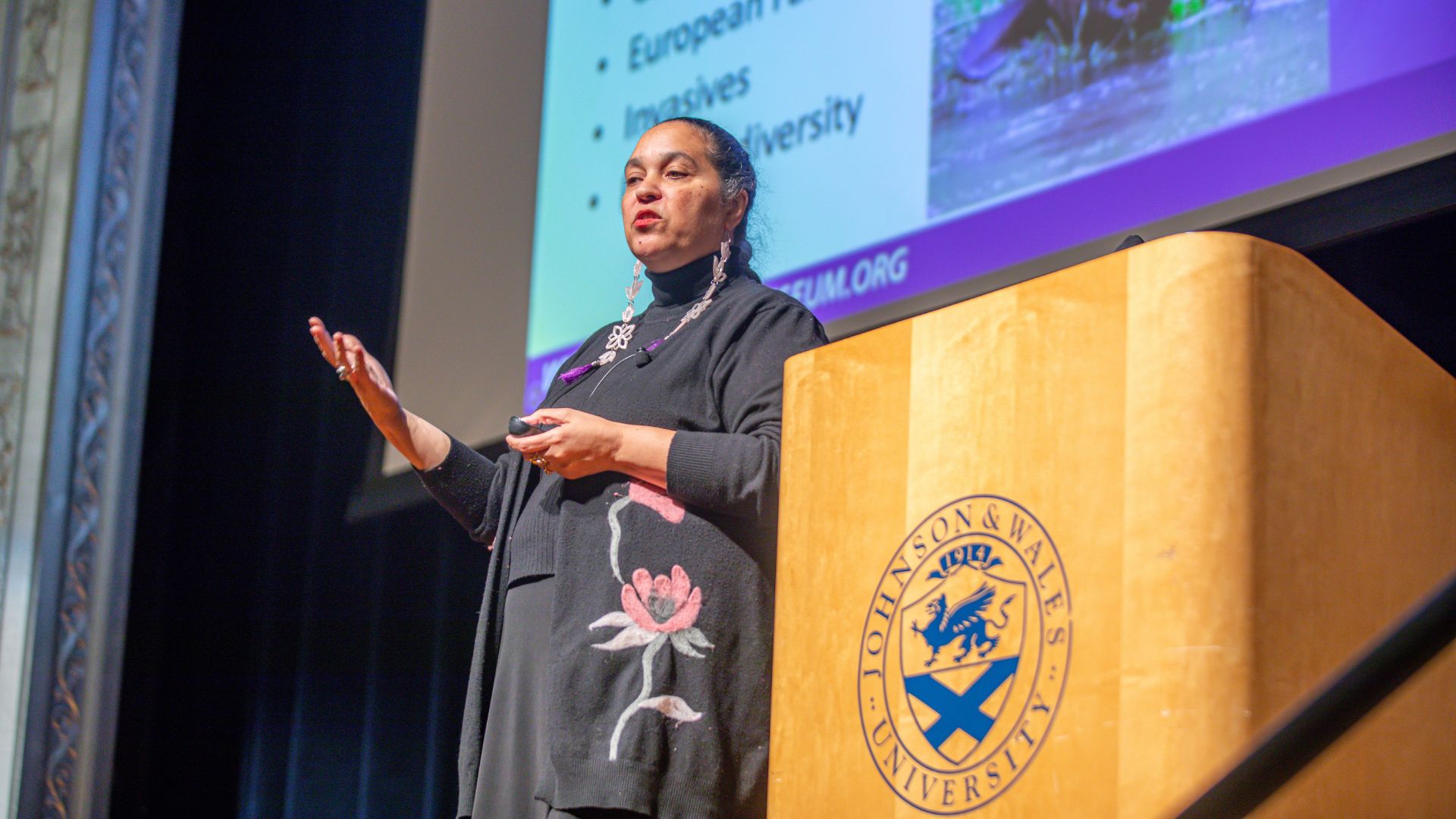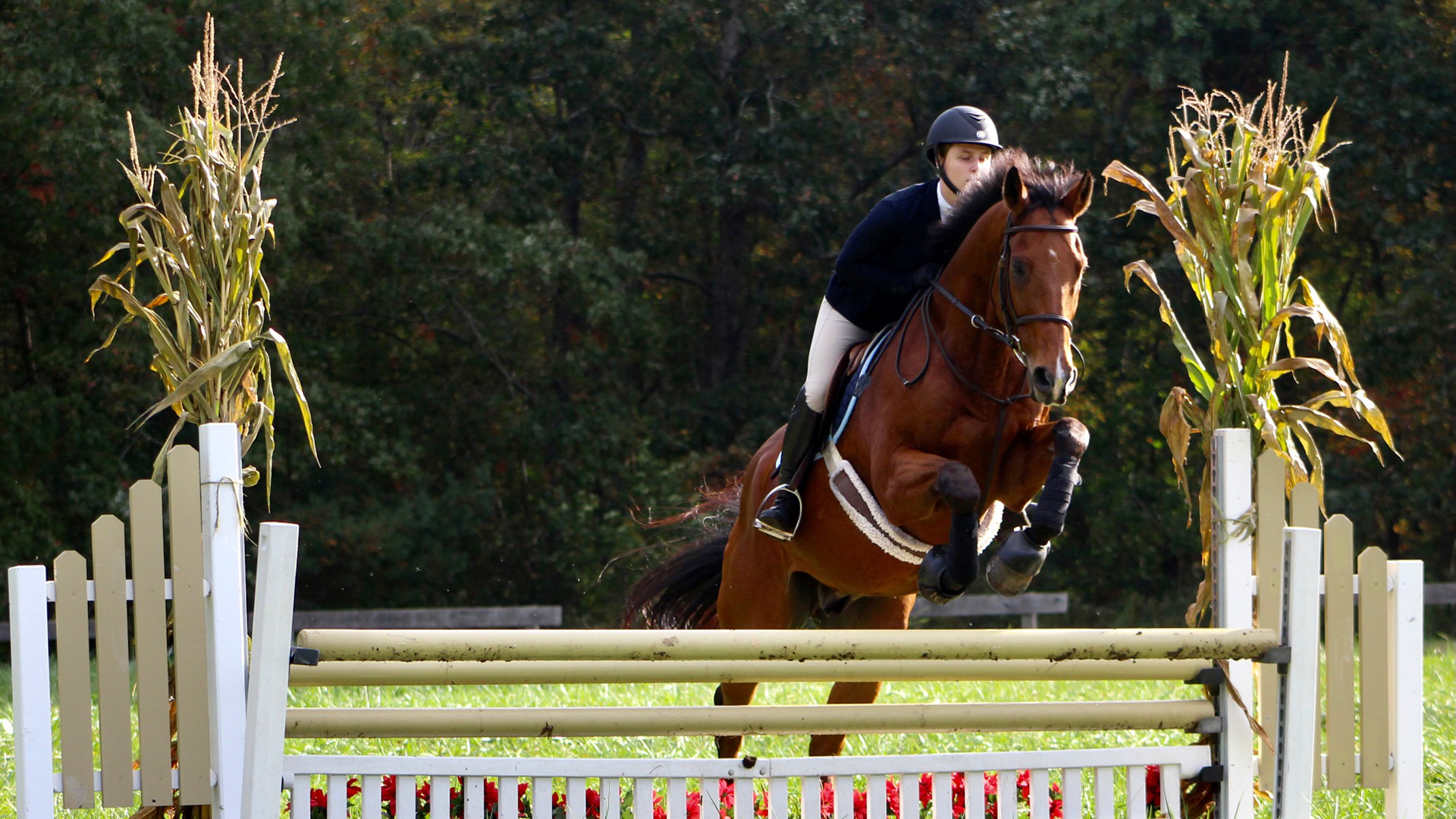JWU Students Take On Election Security
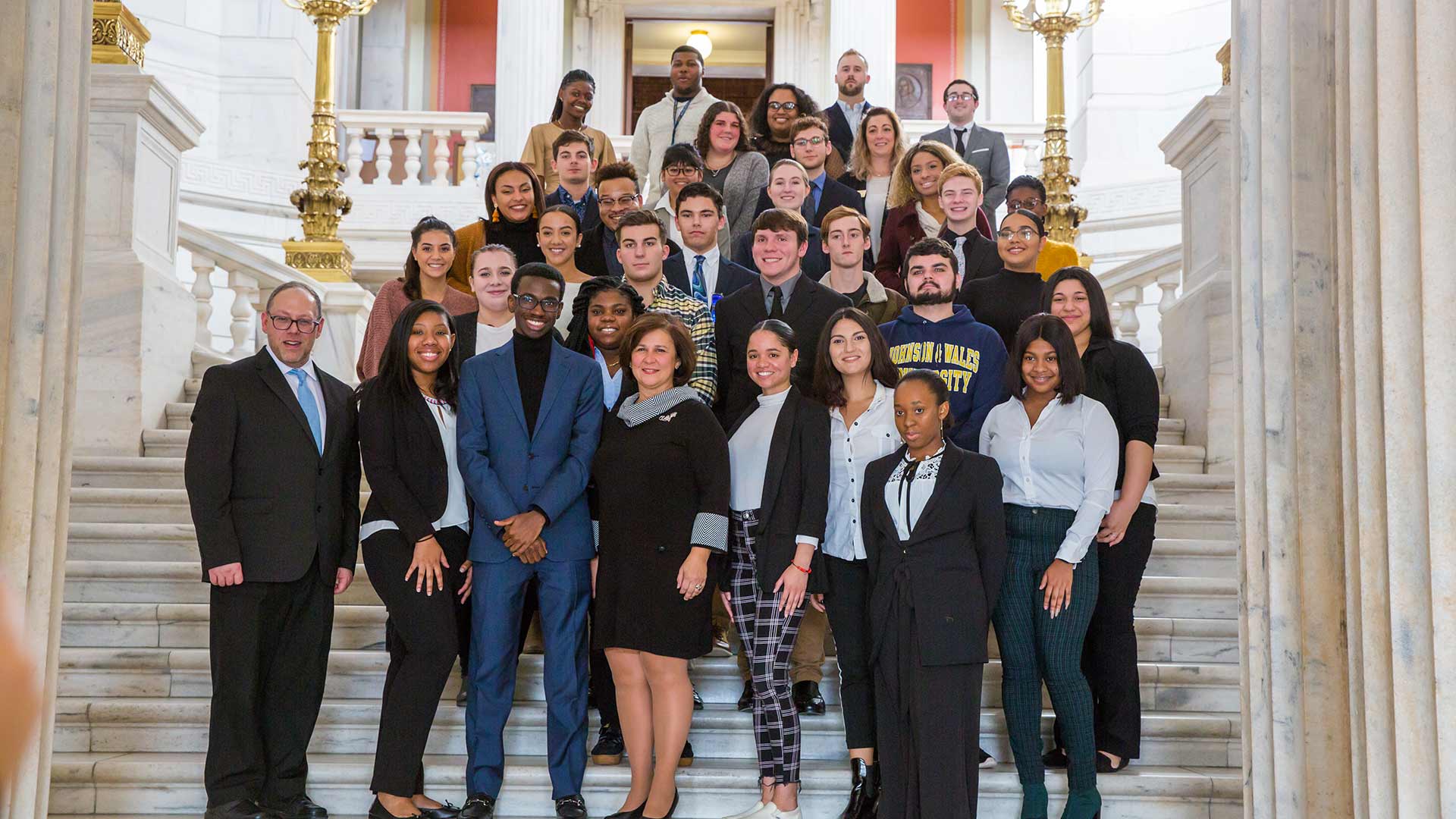
On a bright November morning in the bustling Rhode Island Statehouse, Secretary of State Nellie Gorbea listened intently to nine legislative proposals regarding election security. The proposed bills did not come from her peers, however; they were researched and delivered by students in Johnson & Wales’ Introduction to Political Science class.
The presentations at the State House were the culmination of a term-long project regarding election security and the legislative process. Under the leadership of Assistant Professor Kevin DeJesus, the class tackled the complex and layered issue with professionalism and knowledge.
“By going through this process in this project, students will now continue to be well-versed in understanding a fundamental issue that is an issue of their time,” DeJesus says. “They will be more valuable to employers in the future because they will understand this huge issue at a much greater level than students who have just read a textbook.”
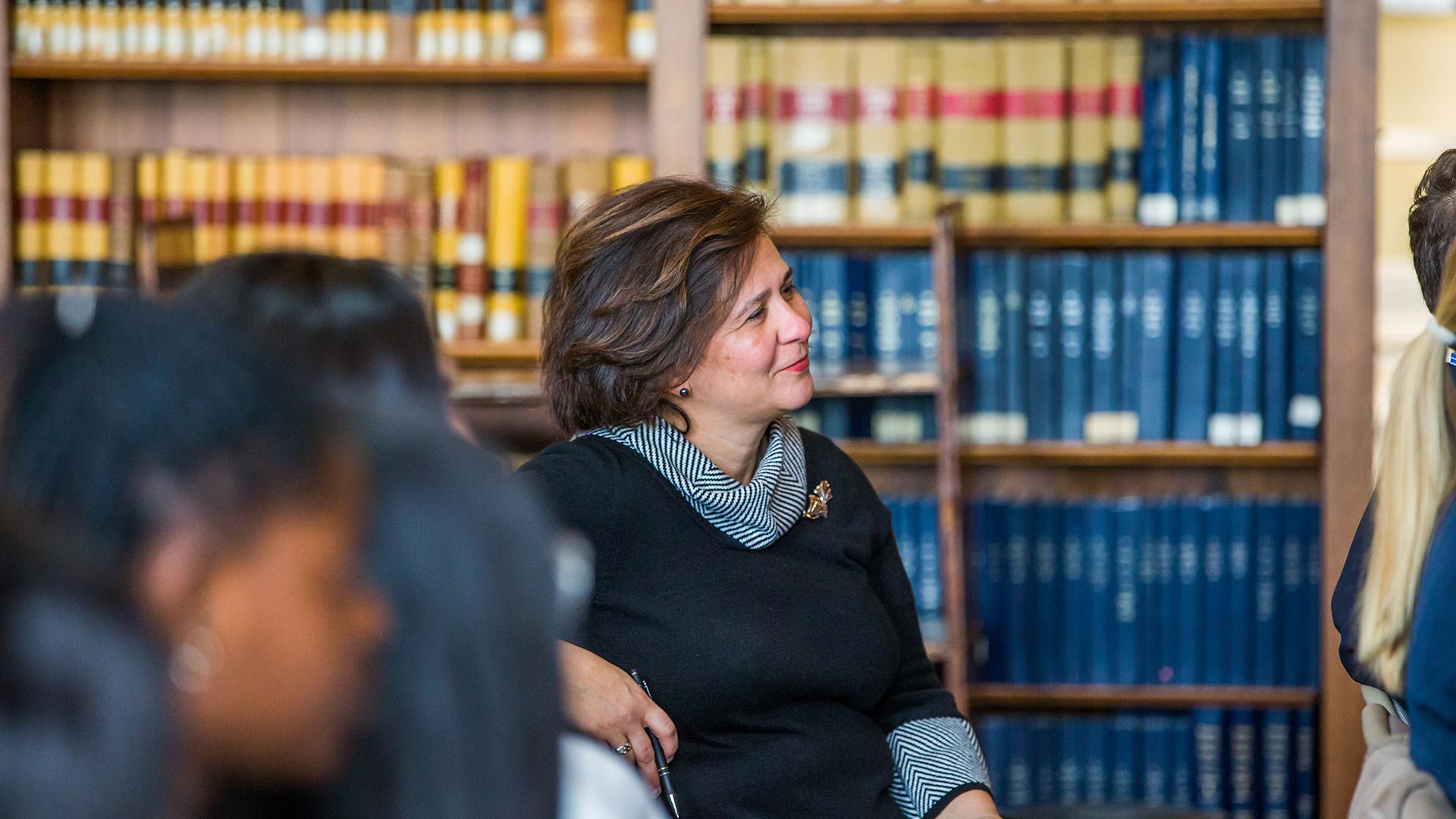
Students began their research into this topic early in the fall term, when Gorbea visited the Providence Campus and engaged with the lively group of students about this issue. The discussion covered the massive topics of data security, hacking, privacy vs. accessibility, and voters’ rights. The shift in technology, especially around the 2016 election, was debated at length. The rapid change in technology meant that cybersecurity became a matter of national security.
Two key members of Gorbea’s team also visited JWU to talk more at length about cybersecurity: Director of Elections Rob Rock and Director of Information Technology Terrance Jackson. Their team partnered with the Department of Homeland Security to assess their vulnerability to cyber-attacks, and modernized, centralized, and secured the voting process in Rhode Island. “As digital government becomes more possible, Rhode Island works to ensure that it’s not left behind in all of that,” DeJesus says. “I think it’s proved itself to be at the cutting edge of efforts to maintain the highest-level advancements in digital governance and election administration.”
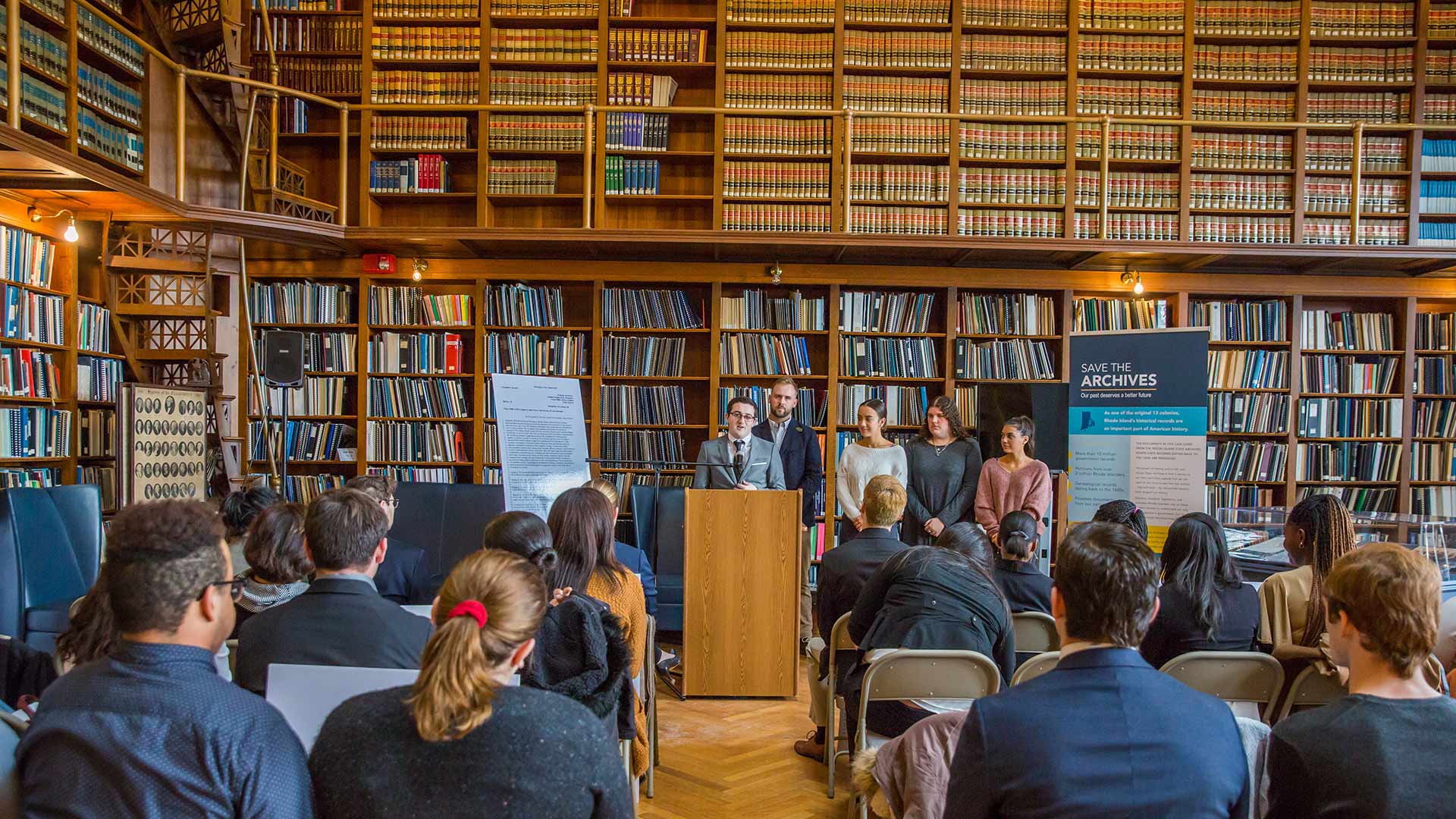
After hearing from some of the members of government directly involved with election security issues, students tackled their proposals with renewed vigor. They spent weeks thoroughly researching not only the complicated issues surrounding the topic, but also the language and methods used to write a bill. The topics of the proposals included lowering the voting age; creating a mandate to join ERIC, a multi-state partnership that compares voting lists and other federal records; funding for advanced technology to prevent hacking; instituting early voting; and mandating civic education in public high schools.
The experience was a true example of hands-on learning — taking theory learned in the classroom and applying it to practical use. Especially impressive for the class is that the majority of students are not in the Political Science program — majors ranged from Culinary Arts to Business to Applied Psychology. “Professor DeJesus takes to heart the experiential education that Johnson & Wales is known for,” says Assistant Dean of the John Hazen White College of Arts & Sciences Rory Senerchia.
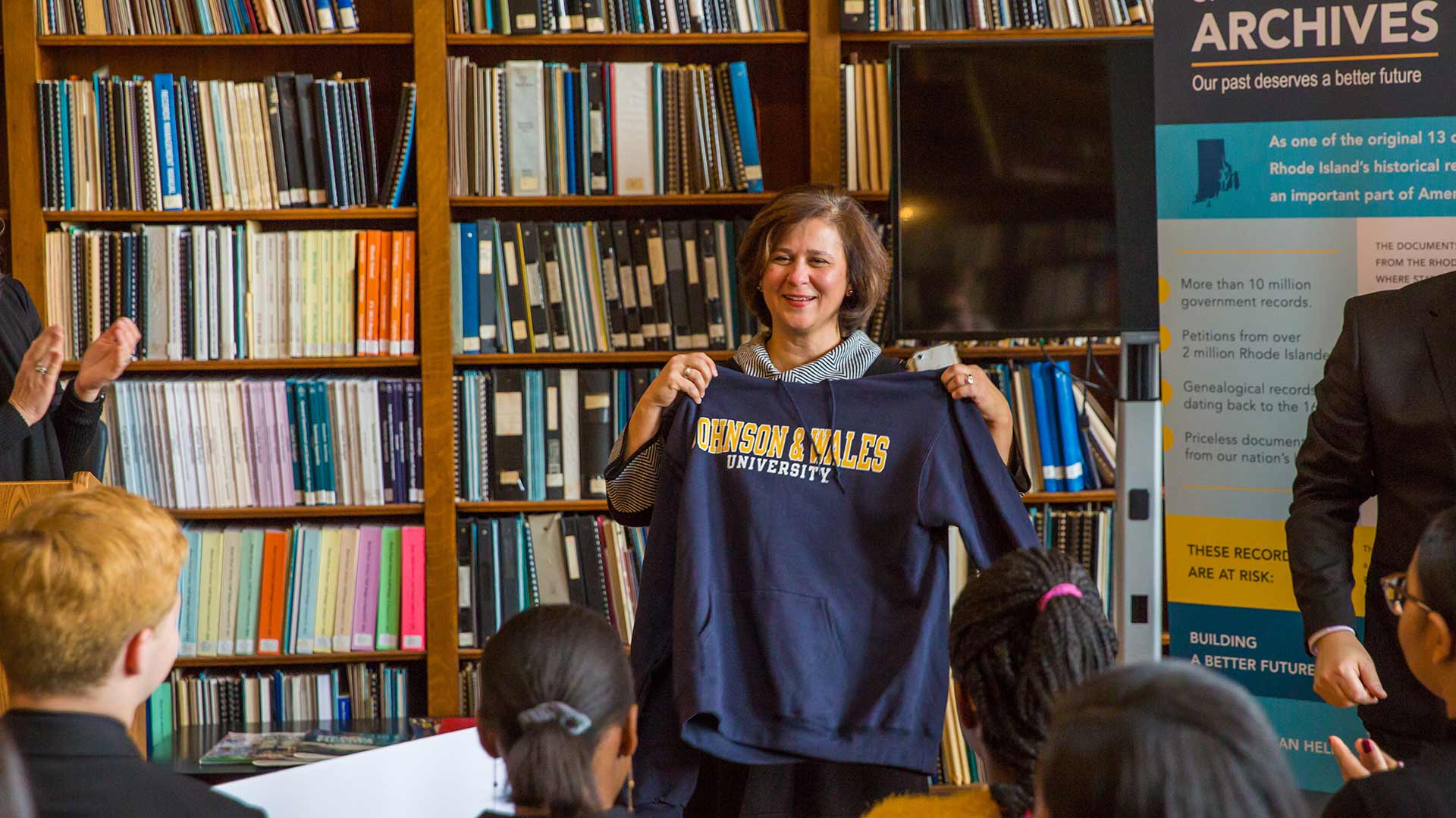
The work isn’t done just yet — Gorbea offered constructive criticism to each group on ways to strengthen and tighten their proposed legislation. Some proposals, she notes, dealt more with the House of Representatives than the state. Others, she thought, hit the nail on the head. “In particular, the early voting bill warmed my heart,” she says, noting that it is an issue she and her team are diligently working on. “It’s very rare that things in the public sector can be solved in one go through,” she says. “You all have a wonderful start here.”
